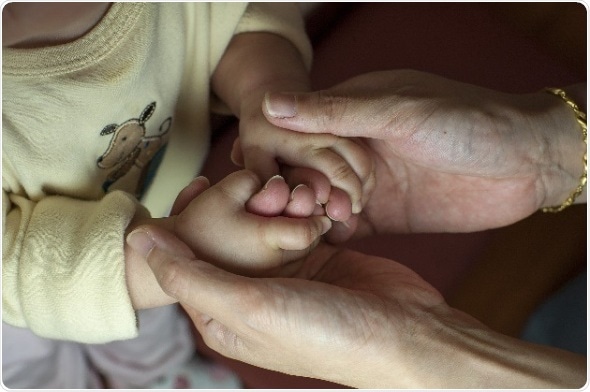Mar 6 2019
Women infected with Zika virus early in pregnancy are almost 17 times more likely to have a child with microcephaly, according to a study published this week in PLOS Medicine by Oliver Brady of the London School of Hygiene & Tropical Medicine, UK, and colleagues.

Credit: zefe, Pixabay
In 2015, greater than expected rates of microcephaly in newborns were reported in northeast Brazil. This coincided with an outbreak of Zika virus infection in the Americas, and researchers discovered an association between the two. However, the lower rates of microcephaly later seen in other areas of Brazil led to suggestions of alternative causes or cofactors present in northeast Brazil. In the new study, researchers merged data from multiple national reporting databases in Brazil to assemble information on 9 known or hypothesized causes of microcephaly for all births in the country between 2015 and 2017.
The researchers found that, despite lower rates of microcephaly outside northeast Brazil, there was a consistent association between Zika infection during pregnancy and microcephaly that was not modified by other viruses or environmental exposures. The study concluded that 92% of an estimated 8.5 million Zika cases occurred in northeast Brazil, and that as many as 0.2% of all pregnancies resulted in a baby with microcephaly. No elevated risk of microcephaly was seen with Zika infection prior to conception. The study was limited by missing data on Zika exposure prior to surveillance being established in December 2015.
Only seroprevalence surveys across Brazil can help shed light on why the northeast region was so adversely affected, the researchers say: “Such studies are vital for estimating the future risk of Zika and microcephaly outbreaks across the region.”